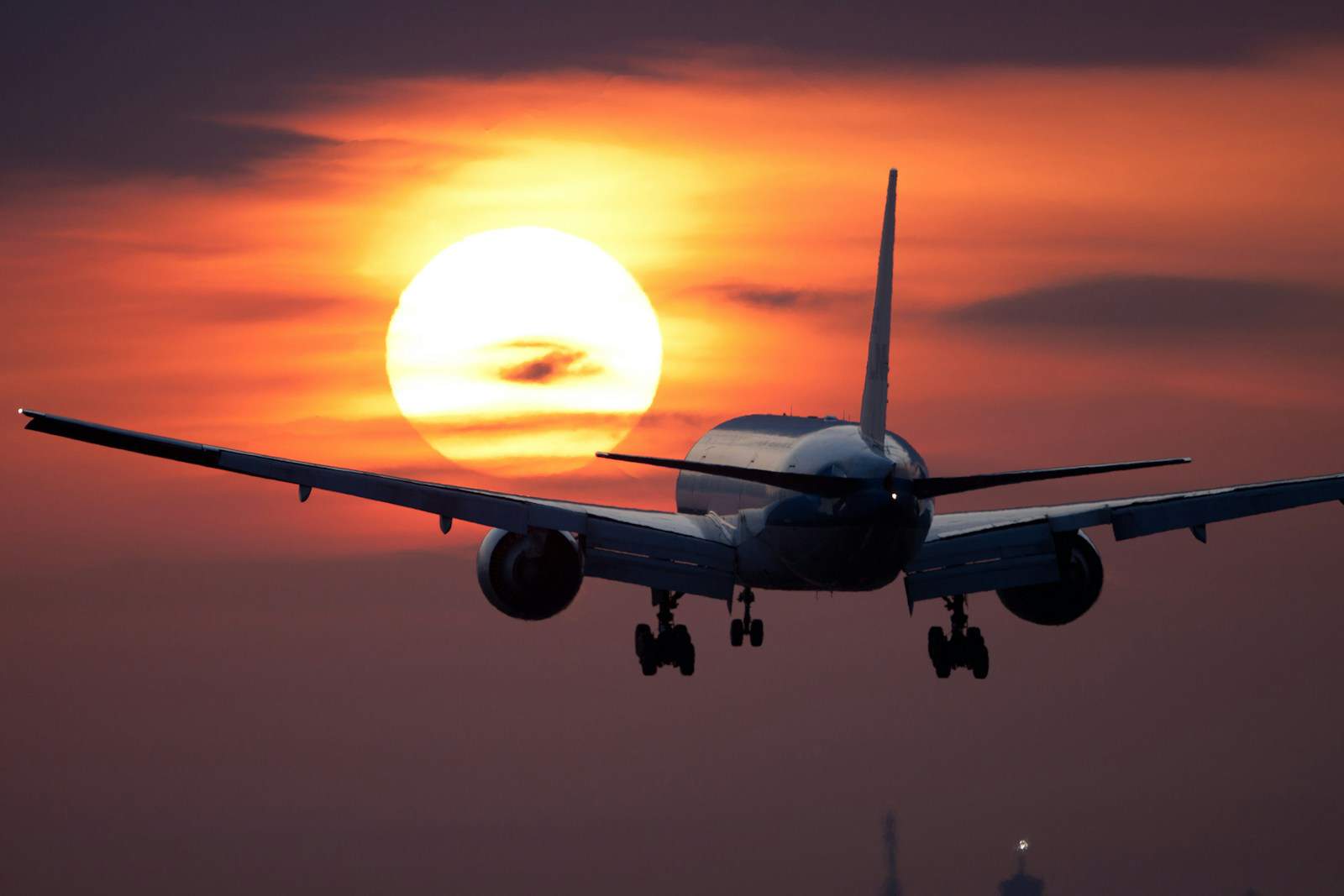
Photo by Etienne Jong on Unsplash
Boeing Safety Report Reveals Deep-Seated Concerns
February 27, 2024
Boeing, a well-known name in aviation, faces a critical evaluation from a recent report commissioned by the Federal Aviation Administration (FAA). Released on Monday, the report highlights substantial shortcomings in Boeing’s safety culture, indicating a profound need for significant improvements.
Authored by a panel of independent aviation experts, the report underscores a glaring disparity between the safety rhetoric embraced by Boeing’s top management and the ground-level reality perceived by frontline employees. Despite public assurances from Boeing’s leadership regarding safety priorities and encouraging open dialogue on safety concerns, the report suggests that these messages fail to resonate effectively within the company’s ranks.
The origin of this scrutiny traces back to the aftermath of the two tragic crashes involving the Boeing 737 MAX in 2018 and 2019. Investigations revealed fundamental flaws in the aircraft’s design, information that Boeing purportedly concealed from the FAA during the certification process. The panel’s concerns are further underscored by the personal tragedy of one of its members, Javier de Luis, whose sister died in one of the MAX crashes.
In an interview, de Luis emphasized the disconcerting gap between executive assurances and the prevailing sentiments among Boeing’s workforce. He noted a pervasive skepticism among employees regarding the company’s commitment to safety — a sentiment exacerbated by fears of career repercussions for voicing concerns.
The report’s findings shed light on inadequacies in Boeing’s internal safety reporting mechanisms and its handling of engineering oversight responsibilities delegated by the FAA. Despite recent efforts to encourage a more open culture, the report suggests lingering apprehensions among employees about reprisals for reporting safety issues, particularly concerning salary and job security.
Notably, the Society of Professional Engineering Employees in Aerospace (SPEEA), Boeing’s white-collar union, echoed the report’s observations, citing longstanding discrepancies between corporate messaging and frontline experiences.
With over 50 recommendations, the report calls for a comprehensive overhaul of Boeing’s safety protocols within the next six months, specifically directing Boeing to “develop an action plan that includes a milestone-based approach that comprehensively addresses each recommendation.” It underscores the imperative of fostering a culture where safety transcends all other priorities, resonating from the executive suite to the assembly line.
As Boeing grapples with the repercussions of this scathing assessment, the report serves as a call for transformative change. Its successful implementation is poised to enhance safety standards, not just within Boeing but across the aviation industry, ensuring a safer future for all stakeholders.
Recent News
Premium and Healthier Food Options Gain Traction
As consumers become more mindful of their spending, the global sales of cooking ingredients and meals saw a notable increase of 4.4% in 2023, driven by inflation and higher commodity prices, according to Euromonitor International. This trend underscores a shift in consumer behavior towards more economical choices while still showing a preference for premium, healthier, and environmentally sustainable options.
Dairy Manufacturers Inc. Issues Voluntary Recall of Baby Formula
In a significant move, Dairy Manufacturers Inc., a Texas-based company, has initiated a voluntary recall of several baby formula products after they were found to be noncompliant with U.S. Food and Drug Administration (FDA) regulations. The recall encompasses all lot codes of three specific products: Crecelac Infant 0-12, Farmalac 0-12, and Farmalac 0-12 Low Lactose. This announcement was officially published on the FDA’s website on Saturday.
Fitness Equipment to Become $18.4 Billion Market
The global fitness equipment market is projected to reach $18.4 billion by 2033, growing at a CAGR of 3.02% from 2024 to 2033, according to Allied Market Research. Key drivers include the integration of Internet of Things (IoT) technology in fitness devices and the rise of corporate wellness programs. IoT-enabled equipment captures workout metrics in real time, enhancing user engagement and offering personalized insights. Corporate wellness initiatives promote physical activity in the workplace, increasing demand for fitness equipment in corporate gyms.
Walmart Ends Partnership with Capitol One
Walmart has officially ended its consumer credit card agreement with Capital One, marking a significant shift in the retail giant’s financial partnerships. This decision follows a series of disputes over customer service issues that culminated in a legal battle and a federal judge’s ruling.

